Overview
Overview
NYLI Winslow Large Cap Growth ETF seeks long-term growth of capital.
Active growth strategy
The team seeks compelling growth opportunities among U.S. large cap stocks to provide long-term growth potential.
"No Preferred Habitat"
Winslow's active, flexible approach allows the team to diversify the portfolio across three distinct, complementary types of growth companies.
Core large growth portfolio
Offers a core investment strategy for a large growth equity allocation, or a complement to passive equity exposure.
Performance
Performance
Returns represent past performance which is no guarantee of future results. Current performance may be lower or higher. Investment return and principal value will fluctuate, and shares, when redeemed, may be worth more or less than their original cost. Expenses stated are as of the fund's most recent prospectus.
Index performance is for illustrative purposes only and does not represent actual Fund performance. One cannot invest directly in an index. Performance data for the Index assumes reinvestment of dividends and is net of the management fees for the Index's components, as applicable, but it does not reflect management fees, transaction costs or other expenses that you would pay if you invested in the Fund directly. No representation is being made that any investment will achieve performance similar to that shown. Shares are bought and sold at market price (not NAV) and are not individually redeemed from the Fund. Net asset value (NAV) returns are calculated using the daily NAV as of the close of regular trading on the Fund’s primary exchange (typically 4:00pm ET). Effective August 31, 2025, the price used to calculate market price (MP) returns is the Fund’s official closing price. Prior to August 31, 2025, market price returns were determined using the mean between the day's last bid and ask prices on the fund's primary exchange. The market price returns do not represent returns an investor would receive if shares were traded at other times.
The Russell 1000 Growth is generally representative of the market sectors or types of investments in which the Fund invests.
Performance reflects a contractual fee waiver and/or expense limitation agreement which shall remain in effect until terminated by the Board of Trustees of the ETF without which total returns may have been lower.
Portfolio
Portfolio
Distribution & Yields
Distribution & Yields
Subsidized Yield: the yield of a fund that includes any fee waivers or reimbursements currently in place by the fund’s manager. This figure shows the income generated by the fund after accounting for reduced expenses, giving a more favorable representation of returns under current conditions.
Unsubsidized Yield: the yield of a fund that excludes any fee waivers or reimbursements. It reflects the income the fund would generate if the full expenses were charged, offering a view of returns without any temporary fee reductions.
Distributions may be comprised of ordinary income, net capital gains, and/or a return of capital (ROC) of your investment in the fund. Because the distribution rate and the 12-month rate may include a ROC, they should not be confused with yield or income. Please refer to the most recent Section 19 Notice, if applicable, for additional information regarding the composition of distributions. Final determination of a distribution’s tax character will be made on Form 1099 DIV sent to shareholders each January.
Distribution Rate: Distribution rate is calculated by annualizing the most recent distribution per share (dividing the number of calendar days during the year by the number of calendar days over which the most recent distribution accumulated) and dividing it by the NAV. The Fund intends to pay monthly distributions from net investment income.
12-month Rate: The 12-month rate measures the percentage return in the form of dividends. It is calculated monthly by taking the sum of the trailing 12-month dividend payments divided by the last month's ending share price (NAV or POP) plus any capital gains distributed over previous 12 months. If the Fund did not make any distributions over the previous 12 months, "N/A" will be displayed.
The 30 Day SEC Yield is calculated by dividing the net investment income per share for the first 30 days of the month by the offering price per share at the end of that period. The yield reflects the dividends and interest earned during the period, after the deduction of the Fund's expenses. Yield reflects a fee waiver and/or expense limitation agreement without which the 30 Day SEC Yield would have been lower.
Fees & Expenses
Fees & Expenses
Performance reflects a contractual fee waiver and/or expense limitation agreement which shall remain in effect until terminated by the Board of Trustees of the ETF without which total returns may have been lower.
Team
Team
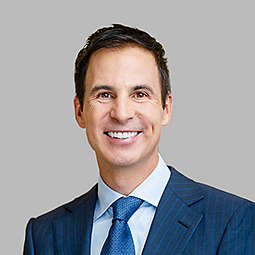
Justin Kelly, CFA
Chief Executive Officer
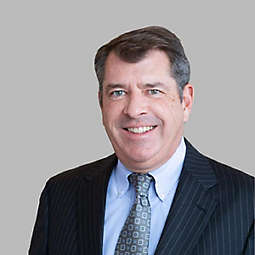
Patrick Burton
Senior Managing Director
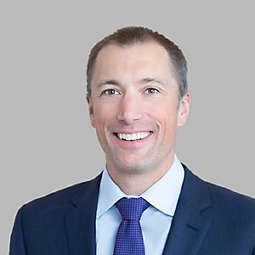
Peter A. Dlugosch
Managing Director
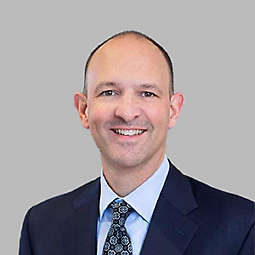
Steven M. Hamill
Senior Managing Director, Portfolio Manager


